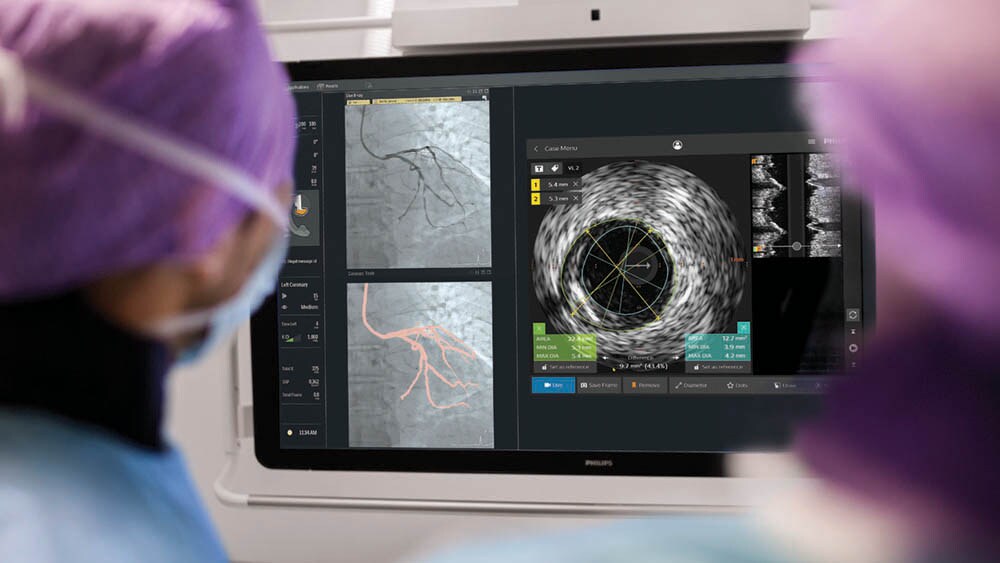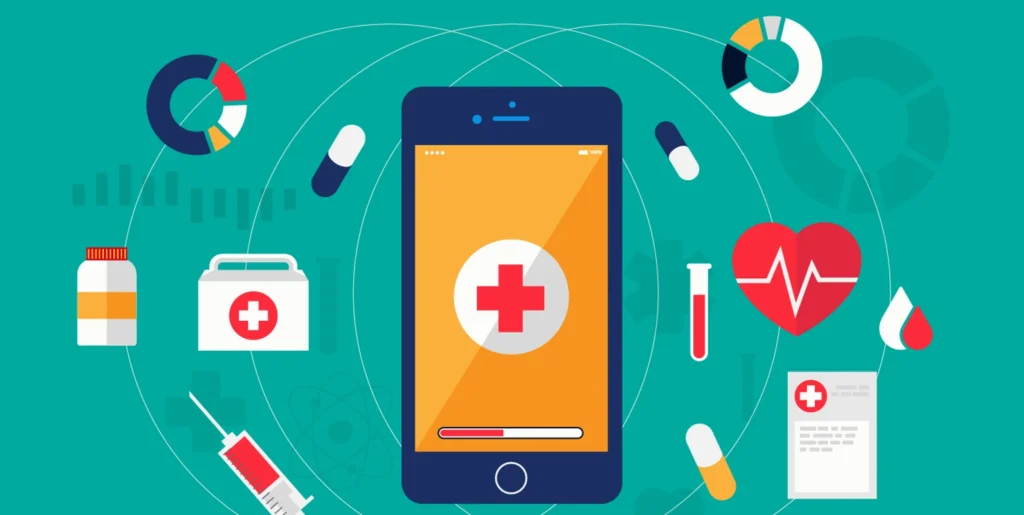Transforming Healthcare with Blockchain Technology: A New Era of Transparency and Trust

In recent years, blockchain technology has emerged as a powerful tool with the potential to revolutionize various industries, and healthcare is no exception. The applications of blockchain in healthcare offer a new paradigm of transparency, security, and trust in the management of sensitive patient data, as well as in the overall delivery of healthcare services. Let’s explore the transformative impact of blockchain technology on the healthcare sector.
Enhanced Data Security and Privacy:
One of the most significant advantages of blockchain technology in healthcare is its ability to ensure the security and privacy of patient data. Unlike traditional centralized databases, which are vulnerable to cyberattacks and data breaches, blockchain employs cryptographic techniques and decentralized storage to protect sensitive medical information. Each transaction on the blockchain is encrypted and linked to previous transactions, creating an immutable record that is resistant to tampering or unauthorized access. This enhanced security framework not only safeguards patient confidentiality but also instills trust among healthcare providers and patients in the integrity of their data.
Streamlined Data Interoperability:
Interoperability—the seamless exchange and integration of healthcare data across disparate systems—is a longstanding challenge in the healthcare industry. Blockchain technology has the potential to address this challenge by providing a standardized, secure platform for data sharing and collaboration among healthcare stakeholders. By establishing a unified and tamper-proof ledger of medical records, test results, and treatment histories, blockchain facilitates real-time access to accurate and up-to-date information, regardless of the source or format. This interoperability fosters more efficient care coordination, reduces administrative burdens, and ultimately improves patient outcomes.
Empowering Patient-Centric Care:
Blockchain technology empowers patients to take ownership of their health data and participate more actively in their healthcare decision-making. Through secure digital identities and decentralized health records, patients can securely store, access, and share their medical information with trusted healthcare providers and researchers. This transparency and control over personal health data enable patients to better understand their health status, track treatment progress, and participate in clinical research initiatives. Additionally, blockchain-based smart contracts can automate consent management and incentivize data sharing, further empowering patients to contribute to medical research while maintaining privacy and control over their information.
Facilitating Value-Based Care:
In the shift towards value-based care, where reimbursement models prioritize patient outcomes and quality of care over volume of services, blockchain technology can play a pivotal role in incentivizing collaboration and accountability among healthcare stakeholders. Smart contracts and decentralized payment systems enable transparent and automated reimbursement processes based on predefined performance metrics and outcomes. By streamlining administrative processes, reducing fraud and abuse, and ensuring data integrity, blockchain enhances the efficiency and effectiveness of value-based care initiatives, ultimately driving improvements in healthcare quality and cost containment. Blockchain technology holds immense promise for transforming the healthcare industry by addressing long-standing challenges related to data security, interoperability, patient engagement, and value-based care delivery. As healthcare organizations and policymakers continue to explore the potential applications of blockchain, it is essential to prioritize collaboration, standardization, and regulatory oversight to ensure responsible and ethical implementation. By harnessing the capabilities of blockchain technology, the healthcare sector can usher in a new era of transparency, trust, and innovation, ultimately leading to improved patient outcomes and a more sustainable healthcare ecosystem.














































